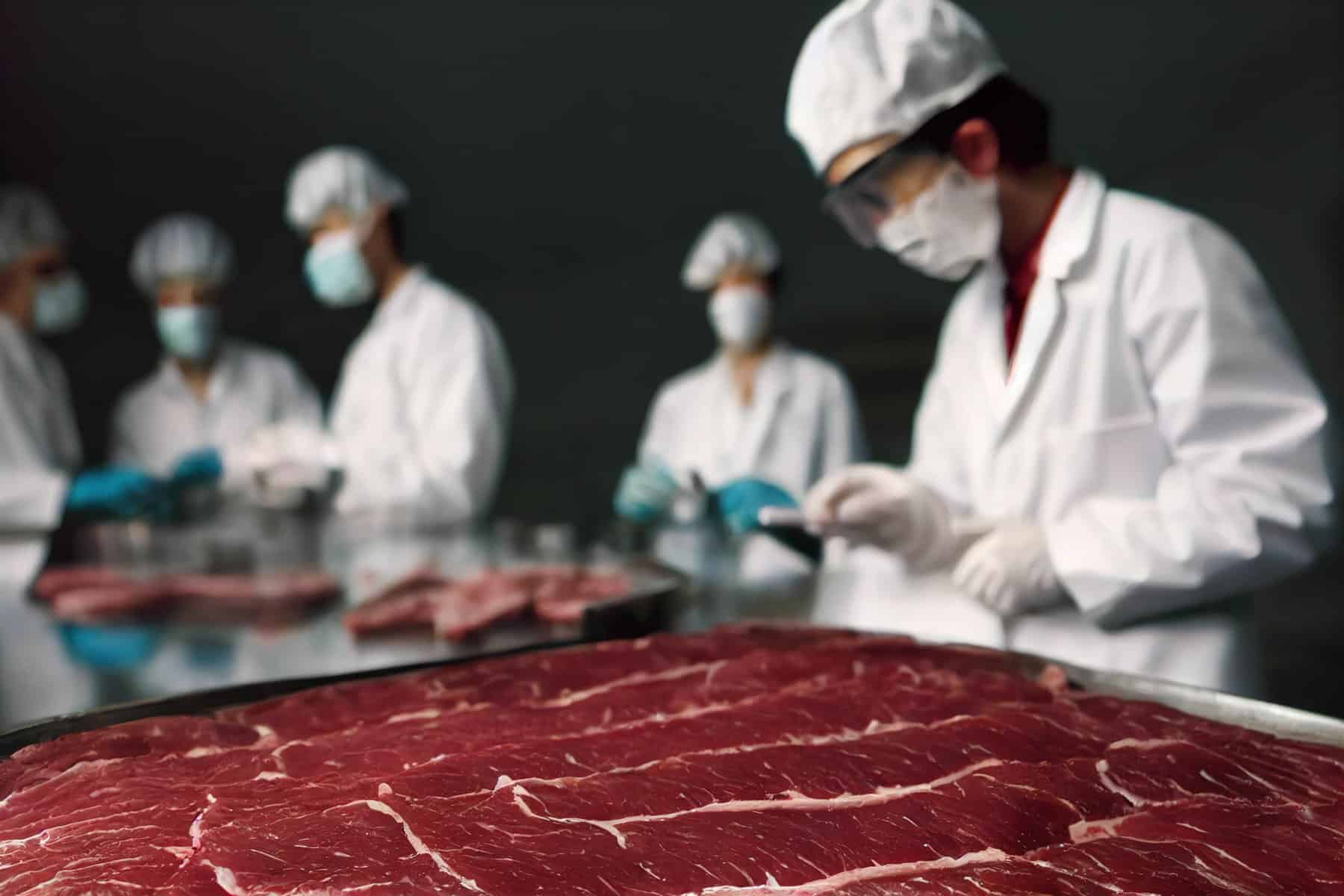A study published in Trends in Food Science & Technology examines the role of blockchain technology in the cultivated meat sector, with a particular focus on transparency, traceability, and regulatory compliance. The research, conducted by Sina Ahmadi Kaliji, Ashkan Pakseresht, and Jean-François Hocquette, explores how blockchain could address challenges related to consumer trust, food safety, and regulatory oversight in the emerging cultivated meat industry.
While blockchain has been increasingly used in agricultural sectors like coffee and dairy, its application in cultivated meat production remains less explored. The authors argue that blockchain’s decentralized ledger system could enhance traceability by providing an immutable record of every step in the production process. This could help address consumer concerns about the safety and authenticity of lab-grown meat products, particularly in relation to novel production methods.
Real-time monitoring with IoT integration
Blockchain’s integration with Internet of Things (IoT) sensors is also seen as a potential solution for real-time monitoring of critical variables such as temperature, humidity, and contamination risks during the cultivation process. This continuous data flow would not only improve product quality but also ensure that safety standards are met throughout the supply chain.

A key challenge in the cultivated meat sector is regulatory compliance, which varies significantly across different regions. The study highlights how blockchain could streamline this process by offering transparent, auditable records that regulatory bodies can access for verification. Smart contracts could be employed to automate compliance checks, reducing the risk of human error and ensuring that producers meet specific standards, such as those related to ethical sourcing and food safety.
Challenges in blockchain adoption
However, the authors also point to several barriers that need to be addressed before blockchain can be fully integrated into cultivated meat production. High implementation costs, lack of standardized protocols, and issues with data interoperability are significant challenges. These factors have slowed the widespread adoption of blockchain, particularly in the nascent cultivated meat sector.
The study suggests that overcoming these obstacles will require collaborative efforts across industries to develop standardized frameworks and protocols. Furthermore, consumer trust remains a significant hurdle for cultivated meat, with many potential buyers concerned about the product’s safety, environmental impact, and ethical implications. Blockchain’s ability to provide verifiable data on production processes, such as the conditions within bioreactors or the sourcing of growth media, could help mitigate these concerns.




